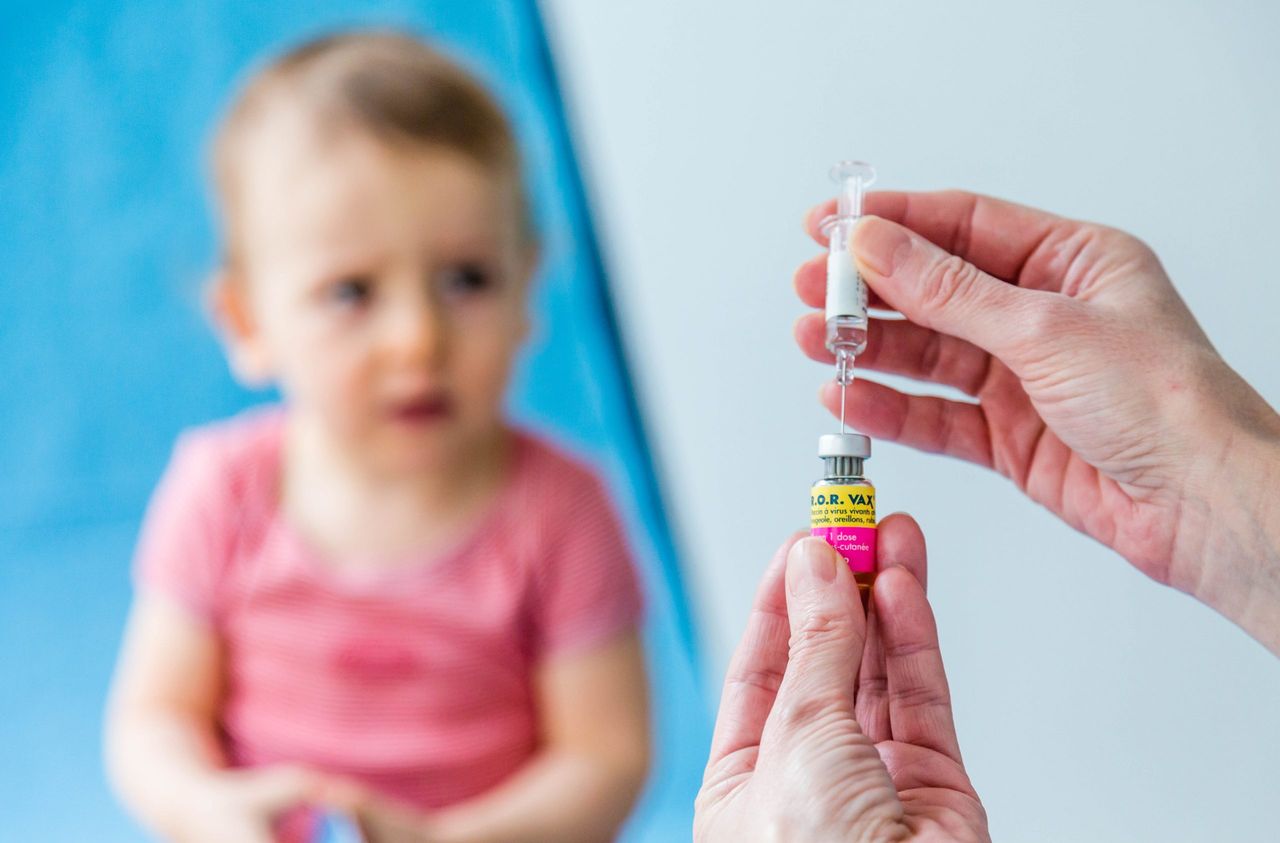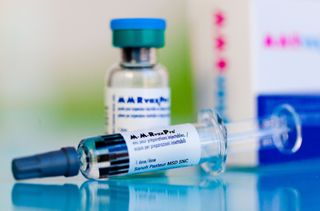New study confirms the MMR jab does not cause autism

A new study of more than 650,000 children has confirmed that the MMR vaccine does not increase the risk of autism.
The researchers followed 657,461 children born in Denmark between 1999 and 2010 until 2013. Over 95 per cent were given the MMR vaccine, which protects against measles, mumps and rubella.
According to the study, which was published in the Annals of Internal Medicine, the vaccination did not increase the risk of autism, even if a child was considered at high risk (due to known risk factors like premature birth or low birth weight).
‘The study strongly supports that MMR vaccination does not increase the risk for autism, does not trigger autism in susceptible children, and is not associated with clustering of autism cases after vaccination,’ said the study’s authors.
The myth linking the MMR jab to autism began with a 1998 study by gastroenterologist Andrew Wakefield. The study was later retracted when an investigation found that he had altered or misrepresented his data, and Wakefield lost his licence to practise medicine.
Seventeen studies debunking his theories have since been published. However, the speculation has persisted, causing headaches and debates among parents.

In January, new parents were warned of the dangers of listening to ‘anti-vaxx’ propaganda on social media, with a study reporting that one in 10 UK parents were opting their child out of the MMR jab. This came as the World Health Organisation named 'vaccine hesitancy' a top 10 threat to global health for 2019.
GoodtoKnow Newsletter
Parenting advice, hot topics, best buys and family finance tips delivered straight to your inbox.
There was a 48.4 per cent rise in measles cases around the world between 2017 and 2018. Dr Hviid from the Statens Serum Institut in Denmark, who led the new research, noted that ‘US researchers concluded that even a five percent reduction in vaccination coverage would triple measles cases, with significant health and economic costs. This idea that vaccines cause autism is still around and is still getting a lot of exposure in social media.’
Samantha is a freelance writer at Goodto who has been with team since 2019. Initially trained in psychology, she specialises in health and wellbeing and has additionally written for magazines such as Women’s Health, Health & Wellbeing, Top Santé, Healthy, Refinery29, Cosmopolitan, Yahoo, CelebsNow, Good Housekeeping and Woman&Home.